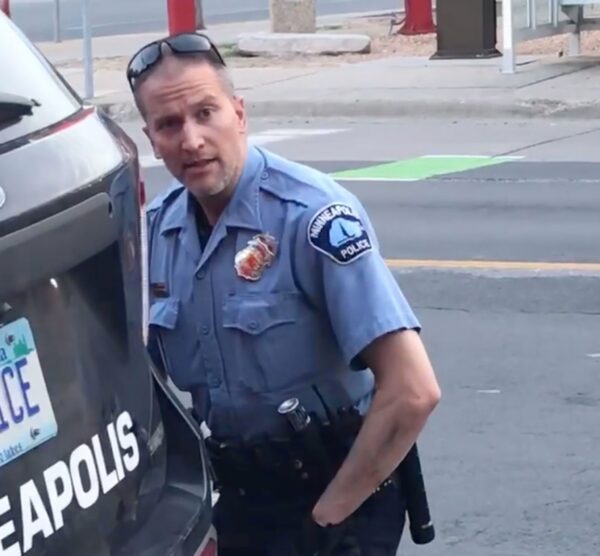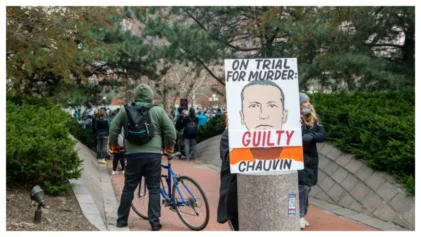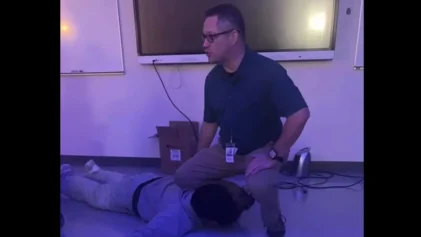Former Minneapolis police Officer Derek Chauvin is set to seek the U.S. Supreme Court’s review of his second-degree murder conviction in the killing of George Floyd, following the Minnesota Supreme Court’s recent refusal to hear his case, according to his attorney.
The announcement Wednesday has drawn criticism in a case that made global headlines and led to civil unrest over racial injustices. Supporters of the former cop are also coming to his defense, claiming Floyd died of an overdose instead of the result of Chauvin’s knee being pressed into his body.

The Minnesota Supreme Court’s one-page order Tuesday offered no commentary as it rejected Chauvin’s petition, thereby upholding his 22 1/2-year sentence.
Derek Chauvin, who is white, planted his knee onto George Floyd’s neck for 9 1/2 minutes outside a convenience store. Floyd, a Black man, had been suspected of using a counterfeit $20 bill.
The fatal interaction was caught on video by a bystander, capturing Floyd’s desperate pleas of “I can’t breathe.” It sparked protests worldwide, some of which turned violent, and initiated a national racial reckoning
Chauvin’s attorney, William Mohrmann, argued in their appeal to the Minnesota Supreme Court that conducting the trial in Minneapolis in 2021 deprived him of a fair trial due to intense pretrial publicity and fears of violence if he were acquitted.
Mohrmann pointed to the unprecedented pretrial publicity that surrounded the case, compounded by the subsequent riots after Floyd’s death, which resulted in significant safety concerns for the jurors. The extensive security measures taken during the trial, such as surrounding the courthouse with barbed wire and deploying National Guard troops, underscored the tense atmosphere.
The Minnesota attorney general’s office urged the Supreme Court to uphold that ruling, affirming that Chauvin had indeed received a fair trial and that it was time to bring the case to a conclusion.
Mohrmann will now present that argument to the U.S. Supreme Court. However, the path to the U.S. Supreme Court presents challenges, as the highest court typically entertains only a limited number of appeals, around 100 to 150 annually, out of thousands of cases seeking review.
In addition to his state conviction, Chauvin had also pleaded guilty to a separate federal civil rights charge, resulting in a concurrent 21-year federal prison sentence he is now serving in Arizona.


